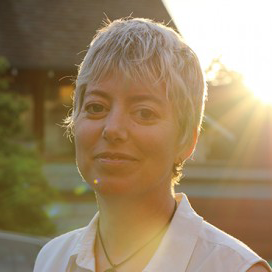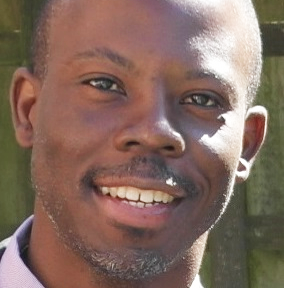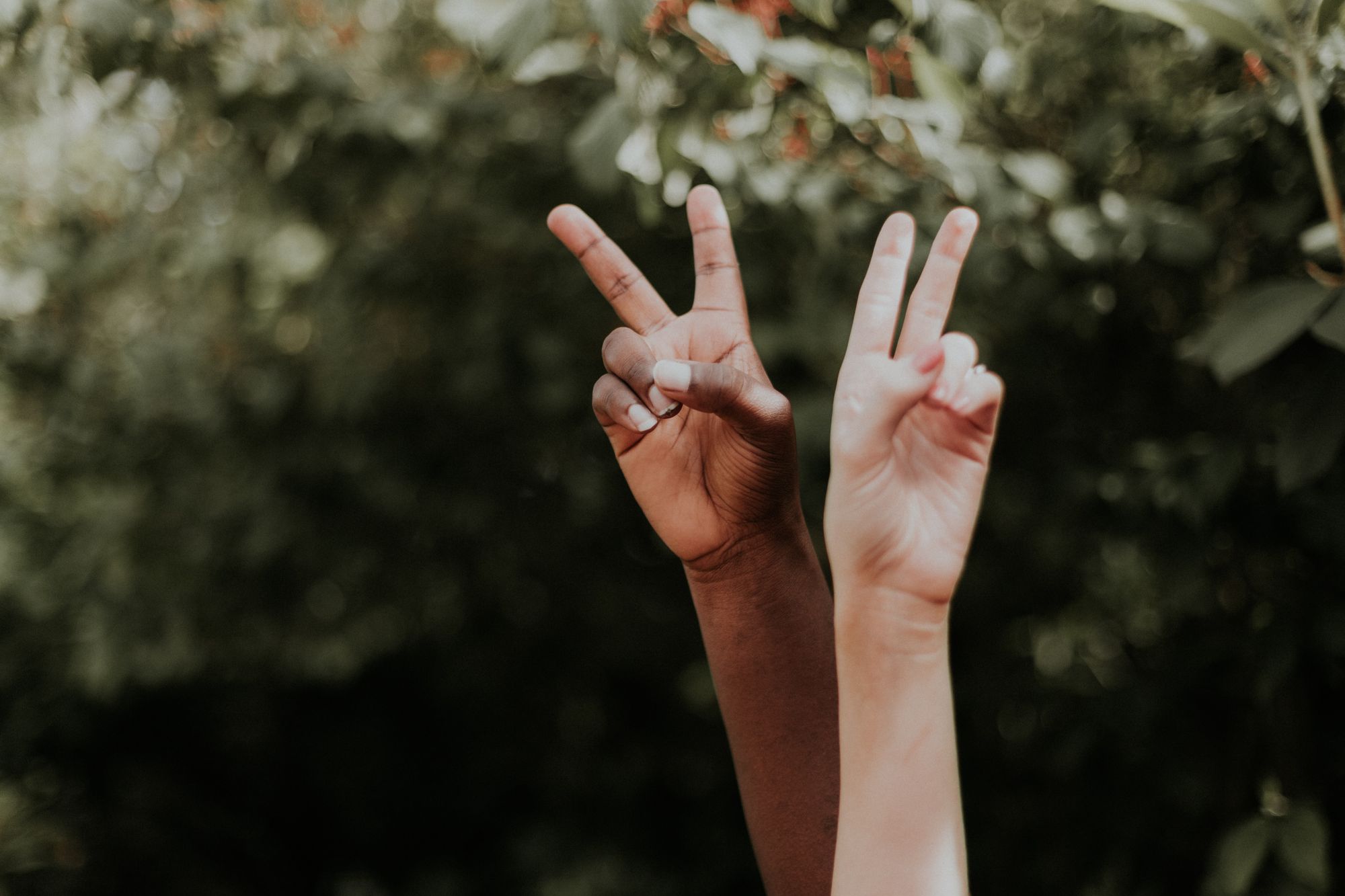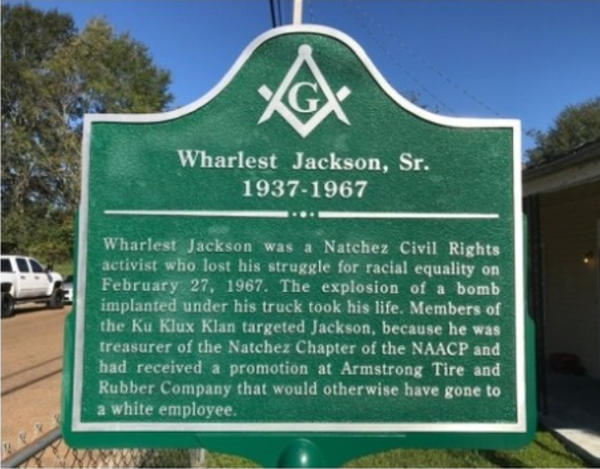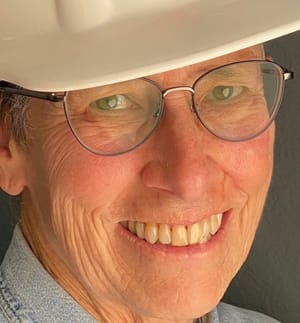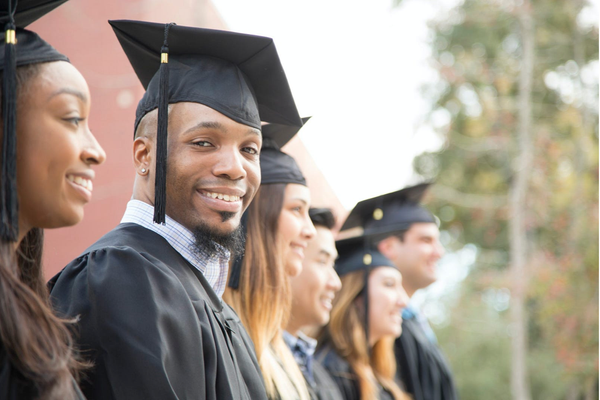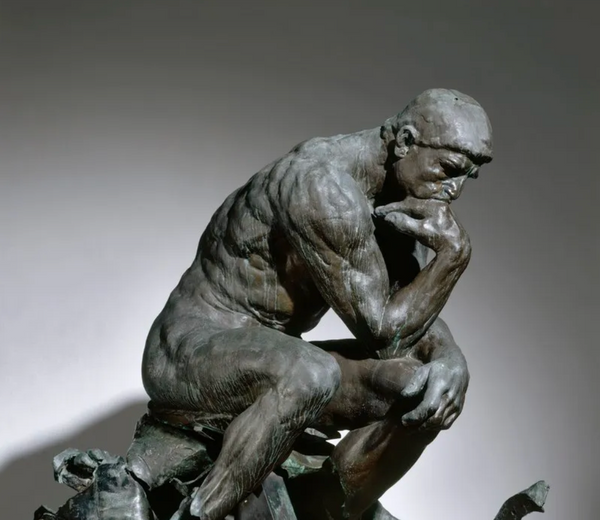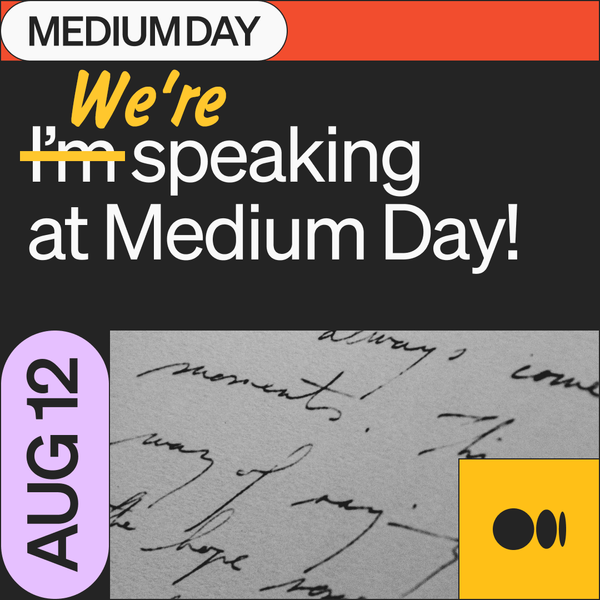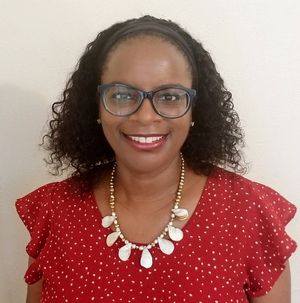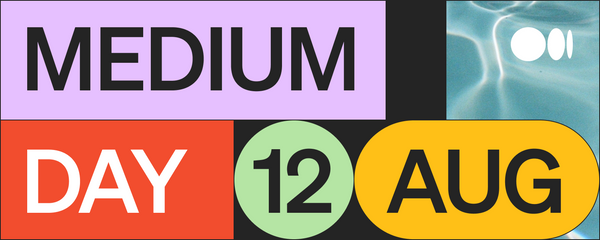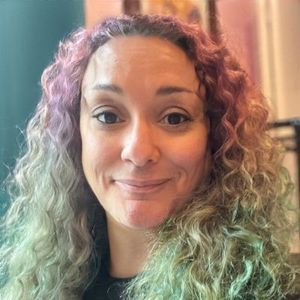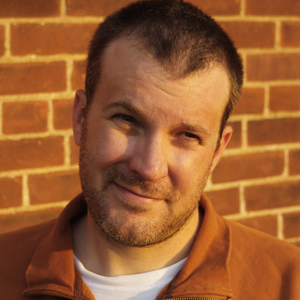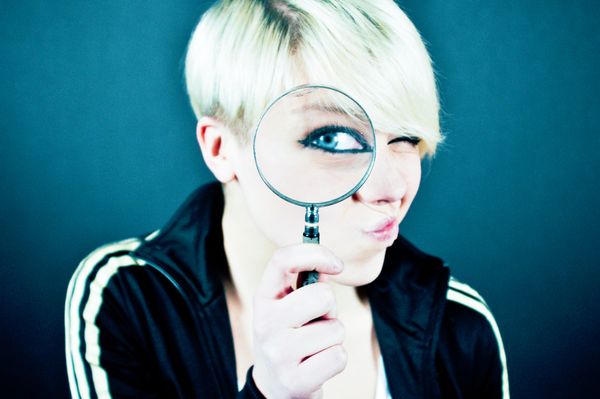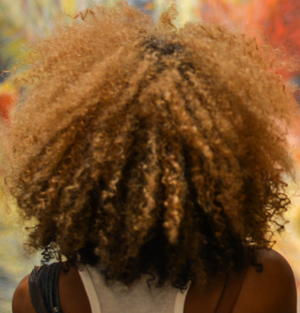Letter from the Editor
As a forty-eight-inch tall, Black man, who is gay, Christian, and living in the south (yes, that bit of geography is still a thing), I am well-acquainted with what it means to be different in some ways, but at the same time just like everyone else, in other ways. Let me be clear: in no way am I now, nor have I ever played the role of the victim. I realize that I’ve been blessed with advantages others have not. I was raised by both parents in a middle-class home; I received my college degree from a small liberal arts college; my worldview was shaped by a Christian faith that did not traumatize me; and I’ve also been endowed with other stuff including giftedness in arts and letters. My height, personality, and abilities have opened many doors for me, but at the same time, people’s assumptions about who I am and my abilities based on my skin color and height have been a deterrent to opening others.
The one thing I learned early on in my all-Black elementary school was that despite my height, my classmates and I all wanted the same things: friends, teachers who saw us as valuable, and the freedom to be ourselves. In seventh grade, at a local private school where I was one of two students of color and the only Black male student, that seminal lesson was reinforced. My white classmates and I had more in common than I first thought. It wasn’t until my mid-twenties that I learned that while different denominations worship differently, God loved them all equally.
In my late thirties, I learned that God was more concerned with my relationship with him than with what others had to say about my sexuality. What I’m saying is that we all want the same things. Regardless of our race, gender, political affiliation, sexual orientation, religious affiliation, physical ability, or age, we all want the same things: to be accepted, understood, and loved. That truth transcends any -ism, -phobia, or factor that would divide our human family.
“Dude. That’s a pretty bold statement. Why do you say that?”
As someone who’s a bit of a shapeshifter and is never really thought of as a part of any one demographic, some might say my intersectionality Bingo card is maxed out. Maybe. I prefer to think I have a unique vantage point from which to speak about matters related to equality. I know people can move away from racism’s (racial prejudice + power) places of fear, ignorance, and degradation and into more loving, informed, and affirming spaces.
I can hear you skeptics now, “Dude. That’s a pretty bold statement. Why do you say that?” Because I’ve seen it happen and I’ve seen it happen more than once or twice. I have witnessed this, talked with people who have experienced it, and they’ve shared the stories of their journeys out of prejudice with me enough times that consistent and recognizable patterns have appeared.
The journey to equality is simple, but it’s never easy. All who embark upon it, whether they’re aware of it or not, follow the same principle like a north star as if charting a course. This premise enables a person to understand that the humanity they see in someone else is identical to that which resides within themselves and thus changes the “other” to a brother or sister. As siblings of equal standing, our brother/sister is deserving of no less than the full range of rights, benefits, and privileges afforded to ourselves. So what’s this principle?
Christ’s command to love one another.
What’s simple about loving one another is that it’s a choice—a choice we have the opportunity to make innumerable times a day. To want to love is as easy as falling off a log, but to actually enact that decision takes a bit more willpower. When we choose to put our love into action, we momentarily put someone else’s needs ahead of our own. When we choose to love, we look out for someone else’s best interest.
Let’s say you’re in the grocery store, and you come across a short-statured person
Choosing to love is the conscious decision to not to injure someone emotionally, physically, or psychologically. We take special care to protect them. When we choose to love, we leverage our gifts in service to others, to treat them fairly and with grace. I’m not saying the next time you’re in the grocery store you should pay the person’s bill in front of you. Acts of love don’t have to be grandiose. Usually, the most impactful acts of love are uncomplicated and spontaneous.
Here’s a real-world application of what I’m talking about.
Let’s say you’re in the grocery store, and you come across a short-statured person (much like myself) attempting to retrieve an item from the top shelf that is out of reach. You ask, “Can I give you a hand?” To which the short-statured person responds, “If you don’t mind, sure.” You grab the sought-after item from the top shelf and hand it over to the requester. After a pleasant thank you-you’re welcome exchange, you go on your way.
What’s transpired is that you have leveraged the gift of your ability to reach the top-shelf item for the benefit of the shorter person. You have just leveraged your privilege out of compassion, sympathy, or empathy OR maybe you didn’t want to see a short-statured person bonked on the head by an avalanche of canned goods. (Trust me, it’s happened. Not often, but often enough.)
See?
Just as with my grocery store example, when we move towards equality we choose to lend a hand in eradicating the inequities suffered by others.
Clay Rivers
OHF Weekly Editor-in-Chief
Love one another.
Originally posted at Medium.com.
In Case You Missed It
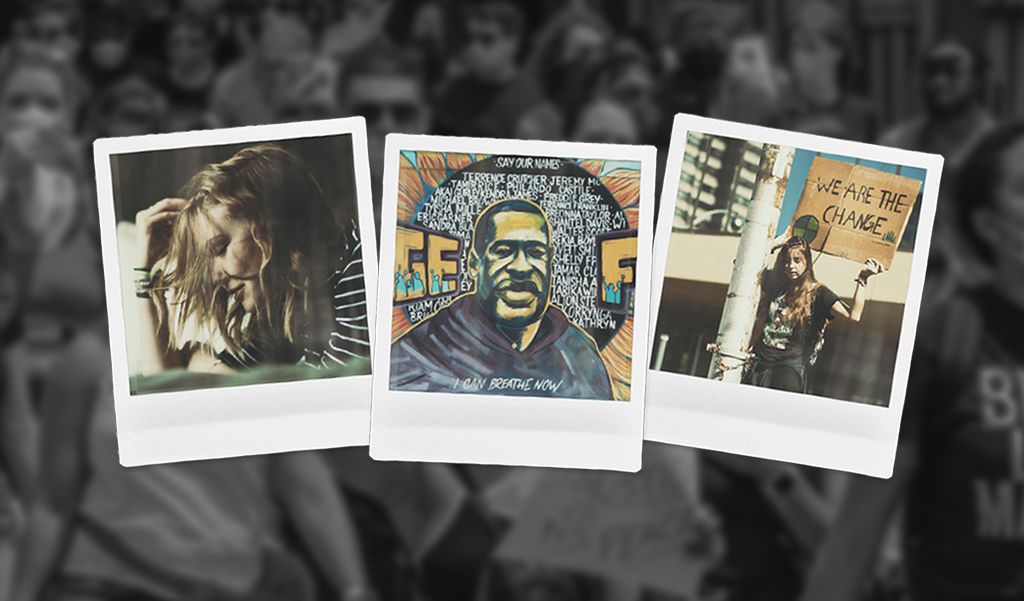
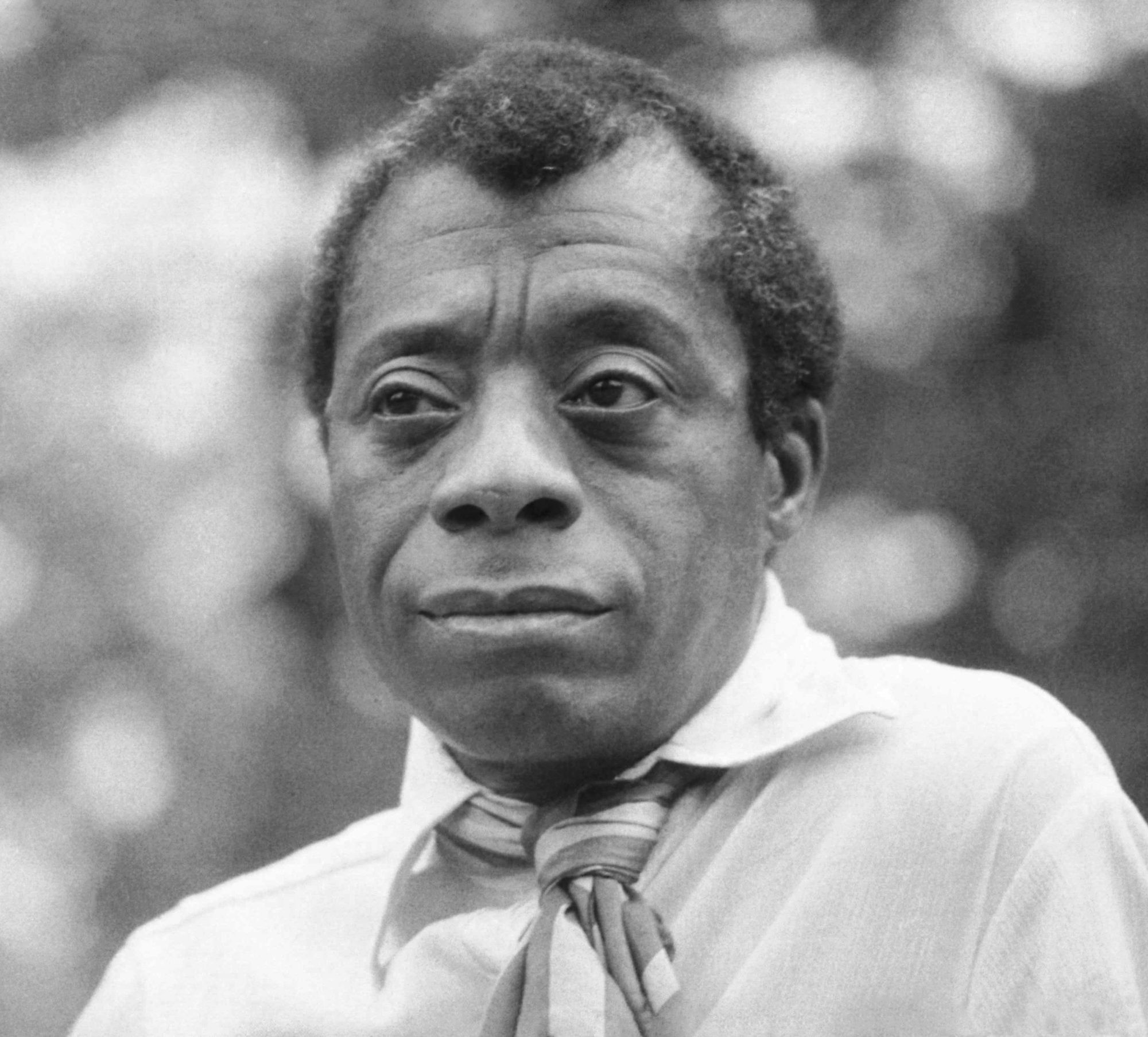
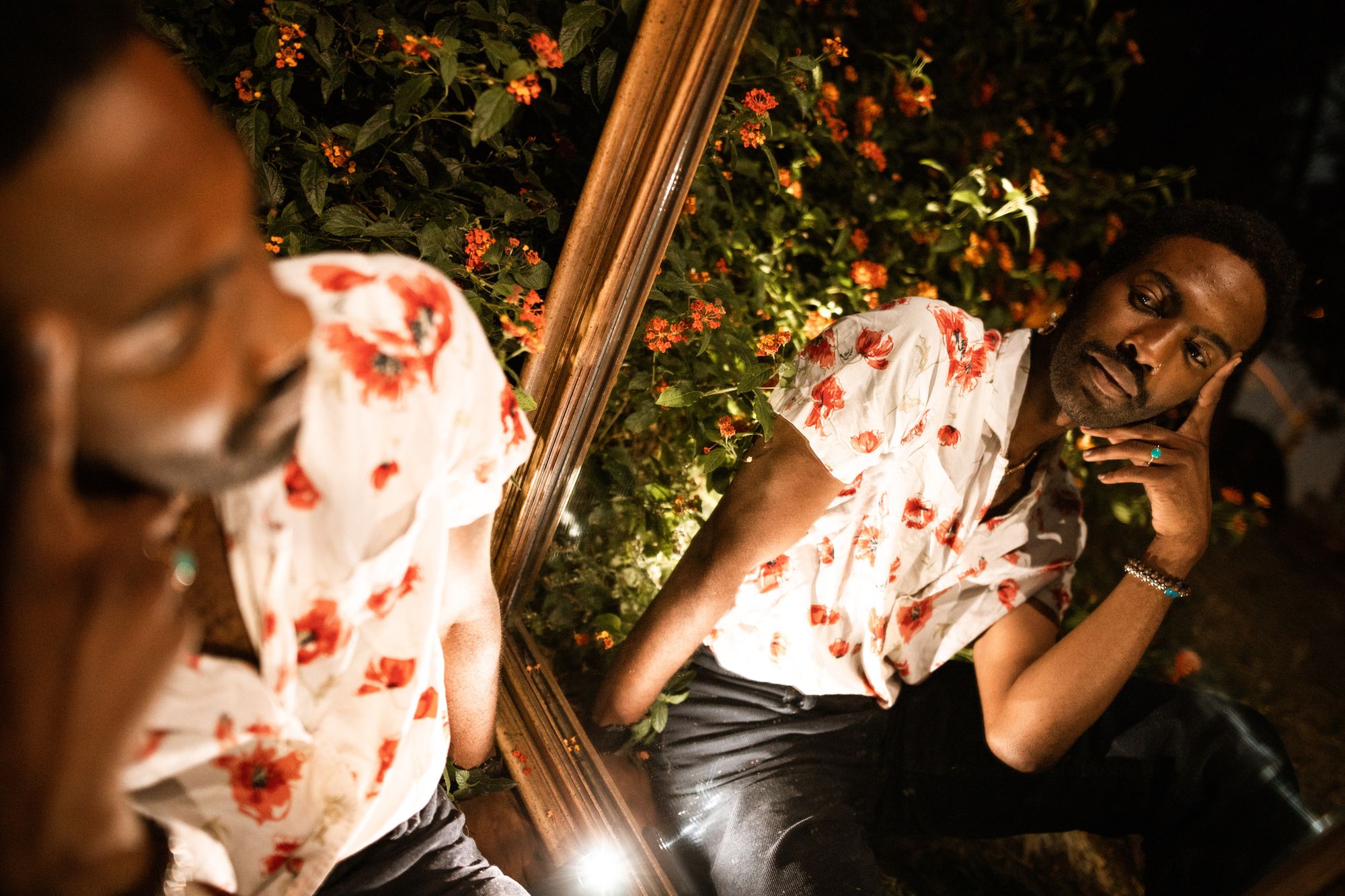
Browse Our OHF Shop

Want to be outfitted in OHF official wear? Want a sweatshirt or tank top or just a unisex T-shirt that shows you as a supporter of OHF? Take a look at our online store hosted by Bonfire with items that come in a variety of sizes, colors, and confident statements about equality and love.
Subscribe to OHF Weekly

Subscribe for free email delivery of OHF Weekly and articles. Don’t miss out. And if you’re feeling especially generous, a one-time or monthly donation would be greatly appreciated!
Final Thought
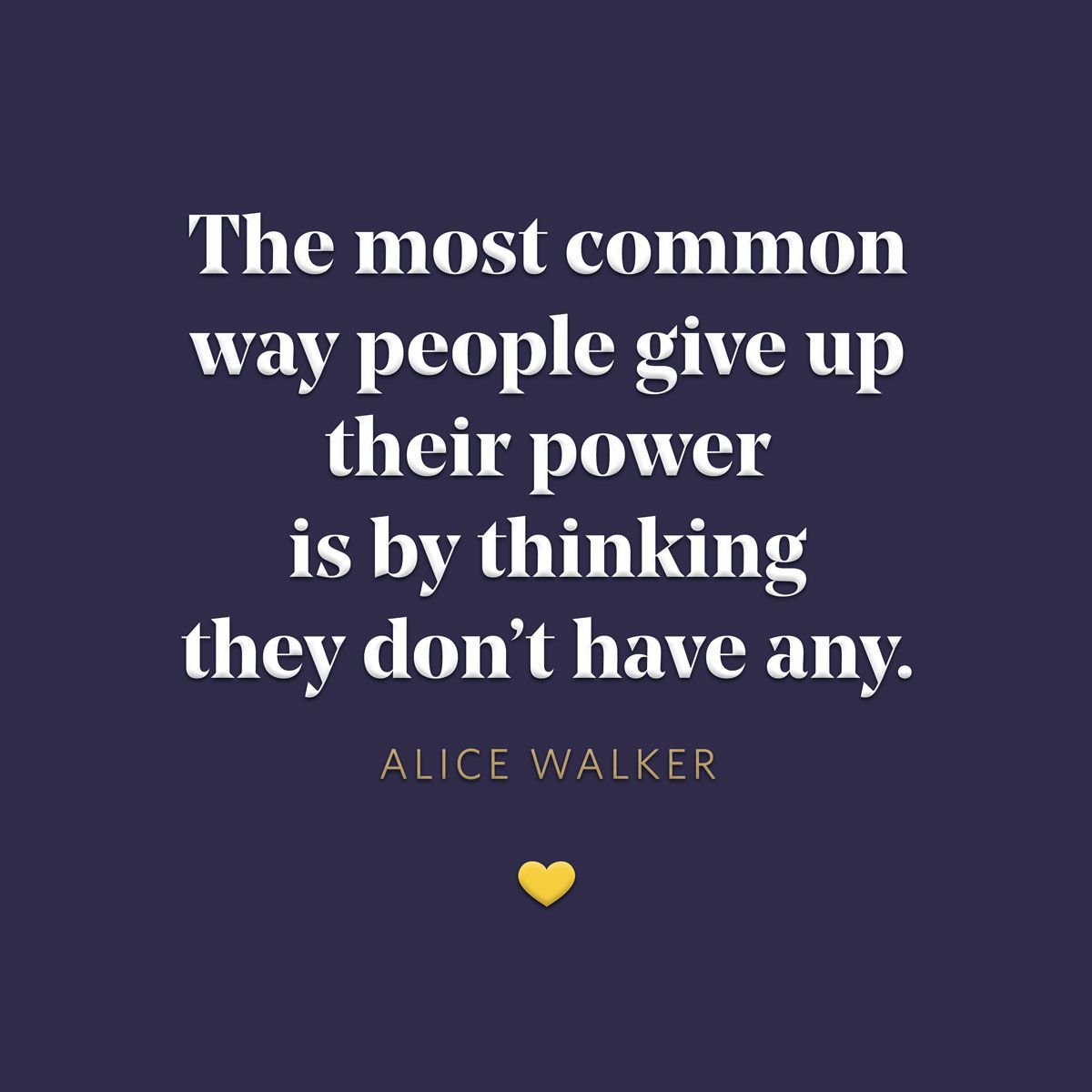
Top photo by Priscilla Du Preez on Unsplash



